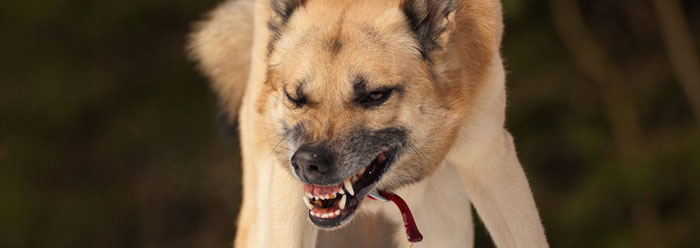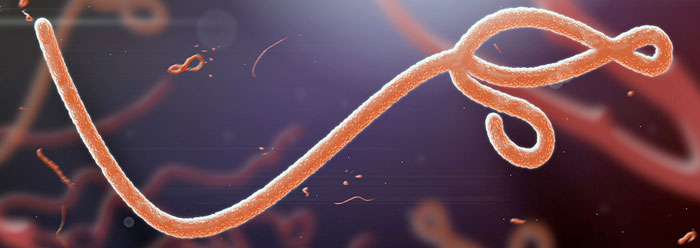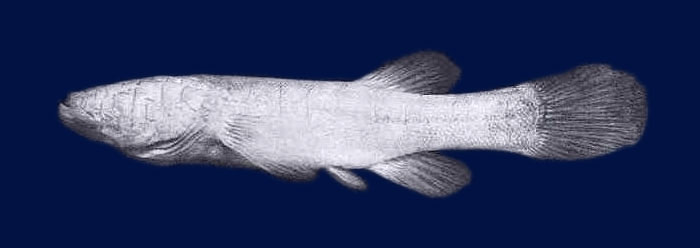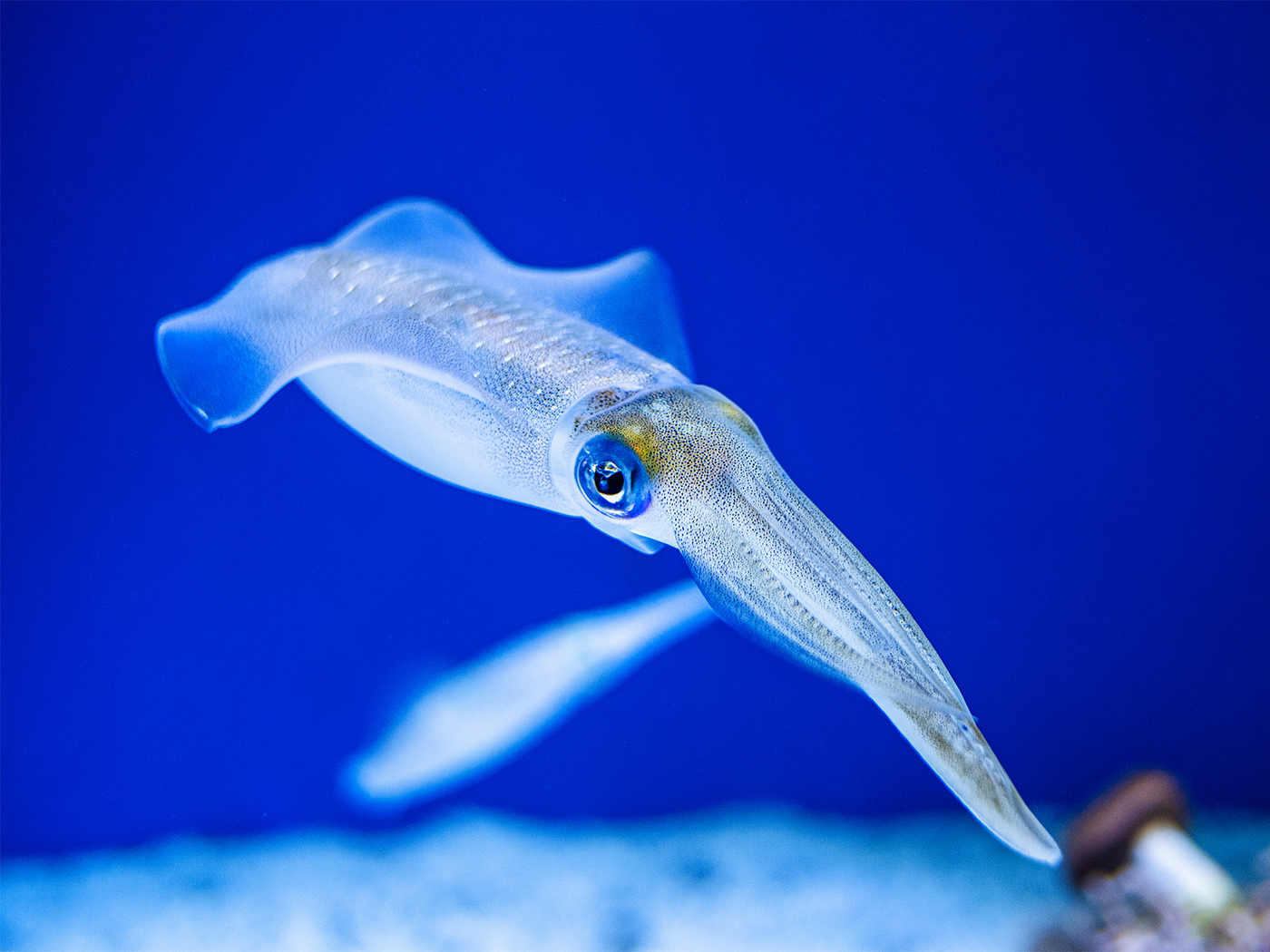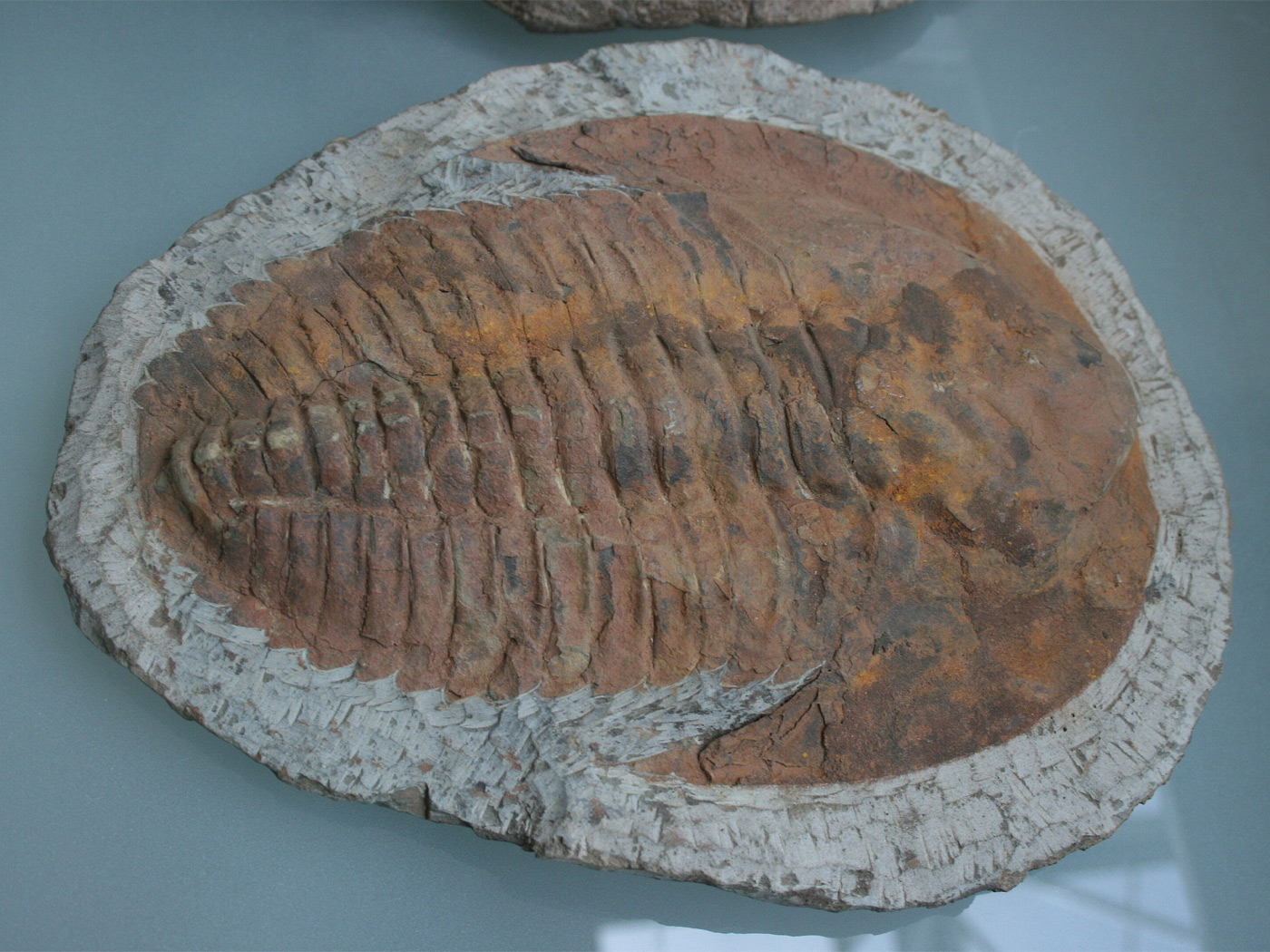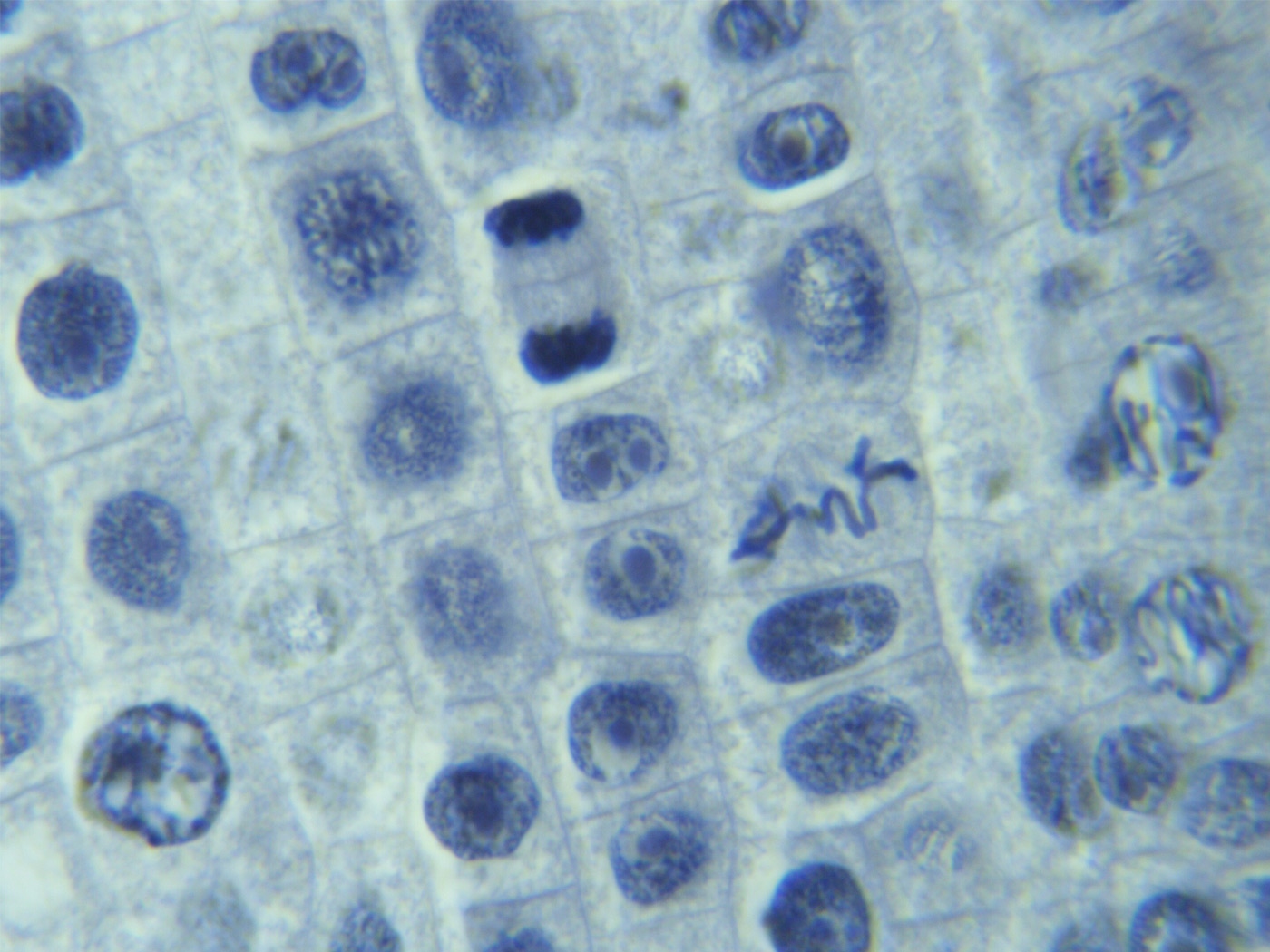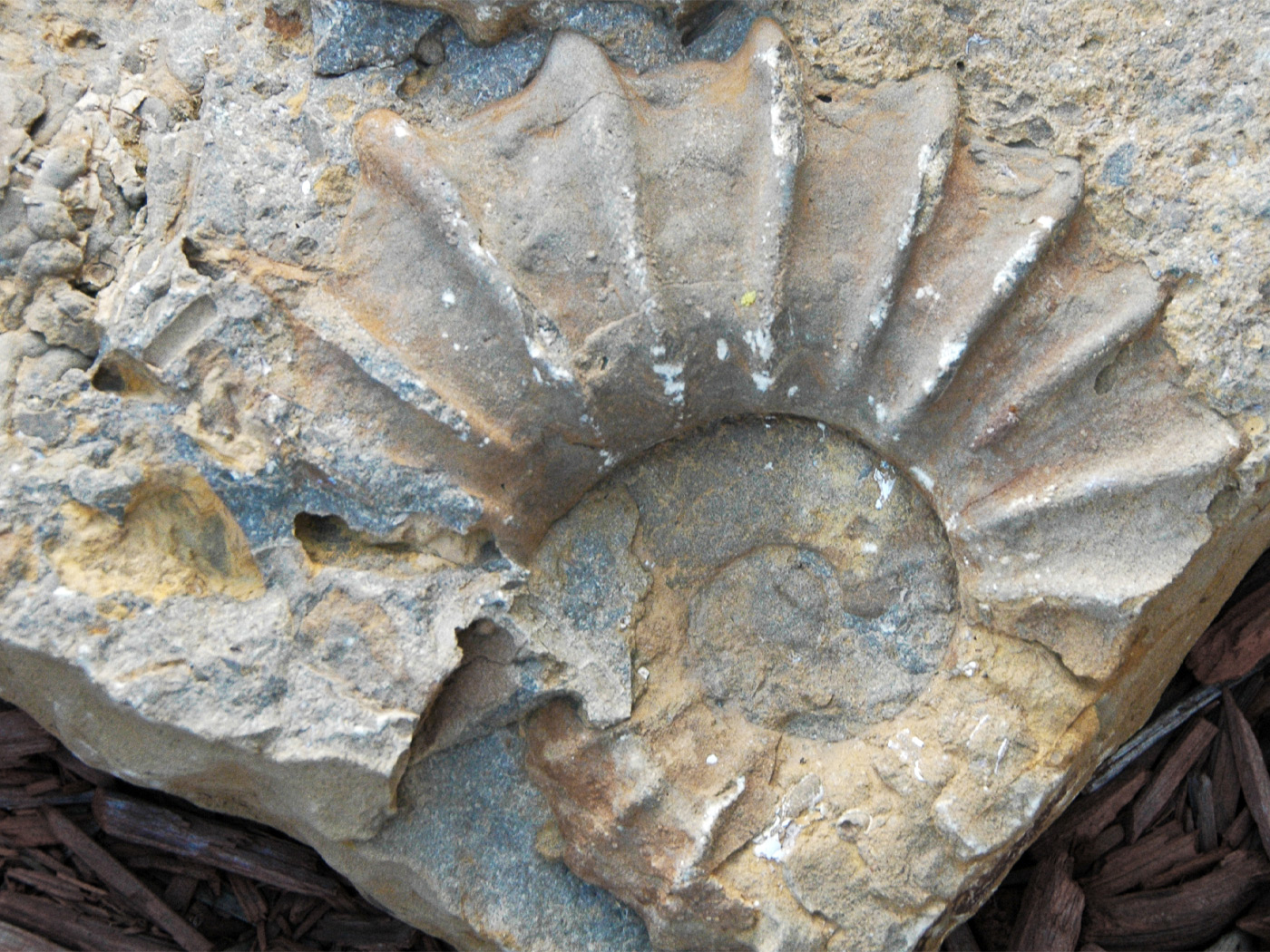At the close of the creation week, the first chapter of Genesis records that “God saw every thing that he had made, and, behold, it was very good.”1 But some aspects of today’s world—for example, certain aggressive behaviors—are negative, dangerous, or destructive. How could that be, if everything God created was good? New research has suggested a solution to this particular dilemma.
Investigating the effects of certain genes on fruit flies, a research team led by Trudy MacKay of North Carolina State University discovered specific mutations that caused aggressive behavior. They found “59 mutations in 57 genes” that had an effect on such behavior, and “32 of the mutations studied resulted in increased aggression while 27 caused flies to become more placid.”2 Before the study, none of the 57 genes had been suspected to have an effect on aggressiveness.
Moreover, one of the conclusions of their study, published in the open access journal BMC Biology, is that “given the conservation of aggressive behavior among different animal species, these are novel candidate genes for future study in other animals, including humans.”3
What if some aggressive behavior is rooted in Genesis 3, not in Genesis 1? The third chapter introduces the universal tragedy of the Fall, in which mankind disobeyed God and brought corruption, disease, and death to the world.4 It may be that some aggressive animal behavior is not a reflection of God’s originally perfect creation, but instead results from the sin-caused curse under which the whole creation presently suffers.5
References
- Genesis 1:31.
- 'Cross' breeding: What makes an angry fly? BioMed Central press release, via EurekAlert!, June 24, 2009.
- Edwards, A. C.. et al. 2009. Mutations in many genes affect aggressive behavior in Drosophila melanogaster. BMC Biology. 7: 29.
- Genesis 3:17-19.
- Romans 8:22.
* Mr. Thomas is Science Writer at the Institute for Creation Research.
Article posted on July 16, 2009.




